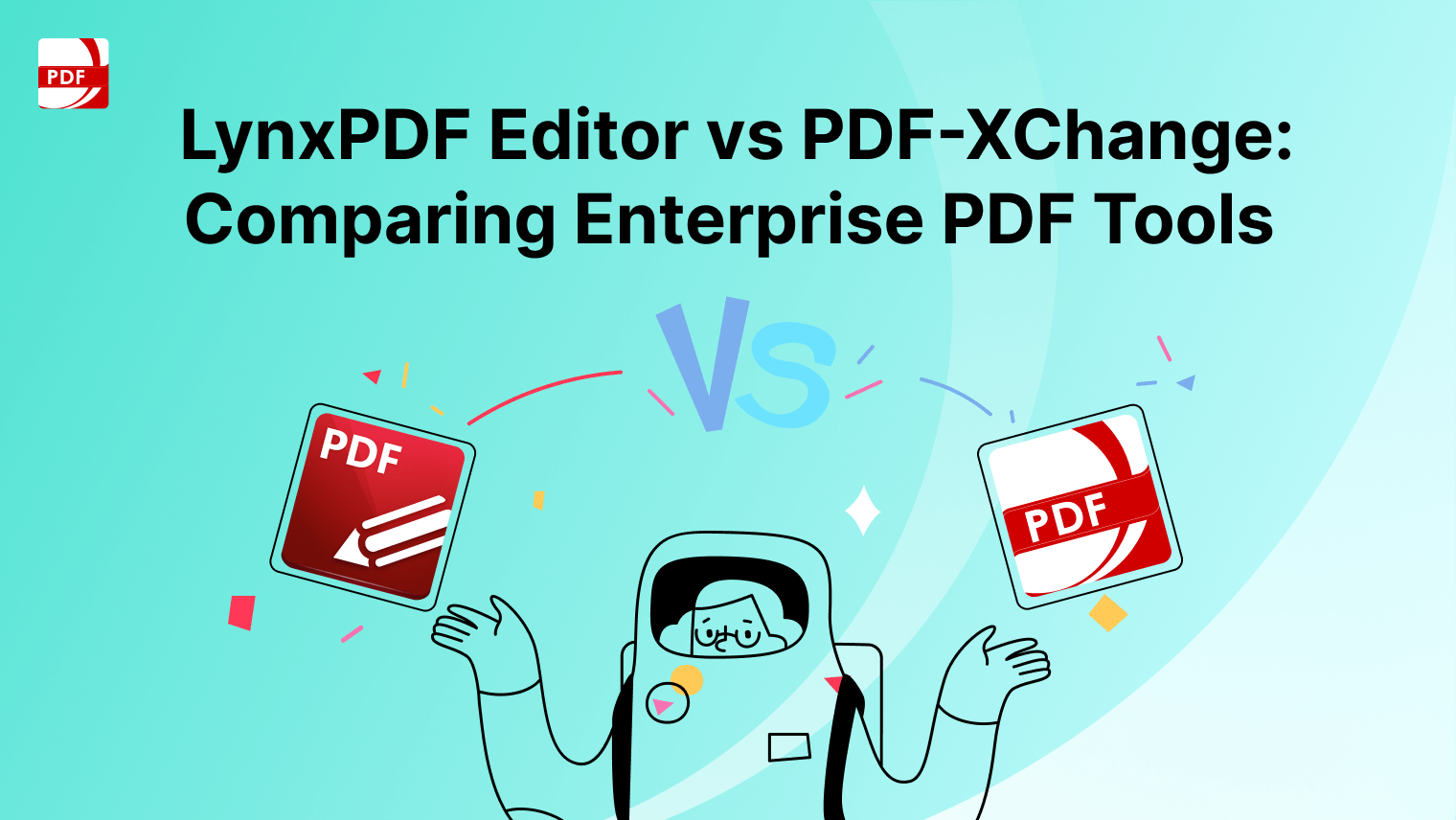Crafting an effective thesis statement is the backbone of presenting a compelling argument or analysis in academic essays, encompassing various types such as argumentative, expository, and analytical. This guide delves into the nuances of creating strong, arguable thesis statements tailored to the type of essay, enhancing your writing.
Understand the Purpose of a Thesis Statement
A thesis statement is a complete sentence that expresses the central idea of an academic paper, guiding the entire paper's argument or analysis. It varies among types of thesis statements, including argumentative, analytical, and expository, to align with the specific type of essay being written.
An effective thesis statement is a strong, arguable assertion that serves as a roadmap for the body paragraphs and is supported by evidence from credible sources.
Learn how to write a book from start to finish with our comprehensive guide, designed to unlock your creative potential.
Components of a Strong Thesis Statement
- Clear, Complete Sentence: A thesis statement must be a full sentence that expresses the main idea clearly and concisely.
- Broad yet Specific Assertion: It should make a general claim but also be specific enough to allow for a focused argument or analysis.
- Arguable: The statement should present a strong opinion or claim that others might dispute, not merely a factual statement.
- Tailored to Essay Type: Whether for an argumentative, expository, or analytical essay, the thesis should suit the specific requirements and goals of the type of paper.
- Central Argument or Analysis: It must lay out the core argument or analysis, directing the content and structure of the entire paper.
- Credible Sources Support: Strong theses are often underpinned by evidence and research from reliable and relevant sources to bolster the argument or analysis presented.
Use PDF Reader Pro's Research Proposal PDF template to get a professional and concise layout!
Steps to Writing a Thesis Statement
Step 1: Understand the Purpose:
Recognize that a thesis statement is a central idea or argument that guides your entire paper, whether it's an argumentative, expository, or analytical essay.
Step 2: Choose Your Topic:
Select a topic that interests you and is suitable for the type of essay you're writing—argumentative, expository, or analytical.
Step 3: Conduct Preliminary Research:
Explore credible sources to gain a deeper understanding of your topic and gather evidence for your argument or analysis.
Step 4: Formulate a Question:
Based on your research, identify a specific, focused question your thesis will answer.
Step 5: Develop Your Answer:
Craft a clear, concise answer to your question. This answer will form the basis of your thesis statement.
Step 6: Make It Arguable:
Ensure your thesis statement presents a strong opinion or claim that others might challenge or debate.
Step 7: Keep It Specific:
Avoid broad statements. Your thesis should be specific enough to guide your writing and keep your argument or analysis focused.
Step 8: Ensure It Is a Complete Sentence:
Your thesis statement should be a complete sentence that clearly states your central idea.
Step 9: Position Your Thesis:
Typically, place your thesis statement at the end of your introductory paragraph to provide a roadmap for your entire essay.
Step 10: Revise and Refine:
Review your thesis statement as you write your essay. Make sure it remains relevant and strong throughout your writing process.
Step 11: Seek Feedback:
If possible, get feedback on your thesis statement from peers, instructors, or through academic resources like Purdue University's Online Writing Lab.
Step 12: Finalize Your Thesis:
Ensure your thesis statement effectively encompasses the main point of your essay and is supported by the arguments or analysis in your body paragraphs.
Use a Thesis Statement PDF Template
Using PDF Reader Pro's templates can significantly streamline the document creation process, offering a wide array of professionally designed formats for various needs, from business plans to academic reports.
Additionally, these templates ensure consistency and accuracy in layout and design, enhancing the overall presentation and readability of your documents.
Check out PDF Reader Pro Templates for more Educational Templates!
Drafting, Revising, and Finalizing a Thesis Statement
Drafting the Thesis Statement:
-
Identify the Type of Essay: Determine whether you are writing an argumentative, expository, or analytical paper, as this will influence the direction of your thesis.
-
Choose a Focused Topic: Select a specific subject within the broader context of your essay's theme.
-
Conduct Preliminary Research: Explore credible sources to gather evidence and different perspectives related to your topic.
-
Formulate a Question: Develop a question that your thesis will answer based on your research and the type of essay you are writing.
-
Draft an Initial Thesis: Combine your topic, research, and type of essay into a single sentence that makes a clear and arguable statement about your position or analysis.
Discover how to craft a strong hypothesis with our straightforward guide.
Revising the Thesis Statement:
-
Check for Clarity and Specificity: Ensure your thesis statement is a complete sentence that clearly conveys your central idea without being overly broad.
-
Ensure Arguability: Refine your thesis to ensure it presents a strong opinion or claim that others might challenge or debate.
-
Seek Feedback: Get input from peers and instructors, or utilize resources like the Purdue Online Writing Lab to improve the strength and clarity of your thesis.
-
Compare with Examples: Look at effective thesis statement examples related to your type of essay for inspiration and guidance.
-
Adjust for Scope and Depth: Ensure your thesis statement appropriately reflects the depth and scope of your essay, neither too broad that it lacks focus nor too narrow that it lacks substance.
Research proposal#research #PhD #phdchat #phdlife#AcademicTwitter #education pic.twitter.com/F4ARdpzsQh
— PhdEducations (@phdeducations) January 1, 2024
Finalizing the Thesis Statement:
-
Revisit Your Research: Ensure your thesis is still aligned with your research and the arguments you plan to make in your paper.
-
Refine for Strength: Replace weak phrasing with strong, decisive language that confidently presents your argument or analysis.
-
Ensure Cohesion with the Entire Paper: Confirm that your thesis statement serves as a central idea that ties together all elements of your paper.
-
Final Review: Read your thesis statement and your paper as a whole to ensure they are coherent, concise, and effectively communicate your central argument or analysis.
-
Record and Reflect: Note any changes made during the revision process to understand how your thesis has evolved, helping inform future thesis statement development.
Learn how to write an effective essay with our concise tips on structure and argumentation.
Best Practices for a Thesis Statement
Best practices for crafting a thesis statement include:
-
Focus on Clarity: Ensure your thesis statement is a complete sentence that clearly and concisely conveys the central idea or argument of your essay.
-
Make it Arguable: Your thesis should present a strong opinion or claim that invites debate and isn't just a factual statement.
-
Tailor to Essay Type: Align your thesis with the type of essay you're writing - argumentative, expository, or analytical - to guide your argument or analysis appropriately.
-
Ensure Specificity: Avoid broad statements by making your thesis specific and narrow enough to be thoroughly explored within the context of your essay.
-
Use Credible Sources: Support your thesis with evidence and research from reliable and relevant sources, enhancing its validity and persuasiveness.
-
Revise for Strength: Continually refine your thesis to make it stronger and more decisive, replacing any weak phrasing with confident and assertive language.
-
Maintain Cohesion: Ensure your thesis statement serves as a central idea that ties together all elements of your paper, guiding the development of your body paragraphs.
-
Engage Your Reader: Craft an engaging thesis that piques interest and encourages readers to think critically about the topic.
-
Position Strategically: Typically place your thesis at the end of the introductory paragraph to provide a clear and early roadmap for your essay.
-
Seek Feedback: Get input from peers, instructors, or academic resources like the Purdue Online Writing Lab to improve the quality and effectiveness of your thesis.
FAQ: Thesis Statement
How does the historical development of the thesis statement affect academic writing?
The historical development of the thesis statement has shaped academic writing by emphasizing clear, focused arguments. Over time, it has become a fundamental element that signifies the central argument and guides the structure and content of academic papers.
Why is it important for a thesis statement to be a complete sentence?
Being a complete sentence ensures that the thesis statement is clear and comprehensive. It allows the writer to present a concise central idea or claim that can be argued and supported throughout the paper.
What's the difference between an arguable thesis statement and a factual statement?
An arguable thesis statement presents a claim or position that can be supported or challenged with evidence and reasoning. In contrast, a factual statement merely states a fact that doesn't invite debate or argument.
How do I craft an engaging thesis statement for an argumentative essay?
For an argumentative essay, create an engaging thesis statement by taking a clear and specific stance on a debatable issue. Ensure it invites discussion and can be supported by evidence from credible sources.
What makes an effective thesis statement in expository and analytical essays?
In expository essays, an effective thesis statement clarifies the topic and the writer's approach to it. For analytical essays, it should break down the topic into parts and present a thorough analysis. Both should be clear, focused, and supported by evidence.
How can I avoid creating a not-so-good thesis statement?
Avoid creating a not-so-good thesis statement by ensuring it is clear, focused, arguable, and adequately scoped. It should clearly convey your central idea and can be supported by evidence throughout your paper.
When should I revise my thesis statement during the writing process?
Revise your thesis statement as you develop your argument and gather more evidence. A good practice is to revisit it after completing a draft to ensure it still accurately reflects the direction and content of your paper.
Can the thesis statement change during the writing process?
Yes, the thesis statement can evolve as you refine your argument and incorporate more research. It should be revised to reflect a deeper understanding and a more precise direction for your paper.
How do legal notices and policy proposals influence the formation of thesis statements in academic contexts?
Legal notices and policy proposals often require a clear, decisive thesis statement that directly addresses the issue or policy at hand. They influence academic contexts by emphasizing the need for precise, well-supported claims.
Why is it crucial to use credible sources to support the thesis statement?
Using credible sources to support the thesis statement is crucial because it strengthens your argument, provides valuable evidence, and establishes the reliability and validity of your claims.
What resources are recommended for further guidance on crafting thesis statements?
Resources like the Purdue Online Writing Lab, academic writing guides, and feedback from instructors are excellent for further guidance on crafting strong, effective thesis statements.
Learning the Format of a Thesis Statement
Mastering the format of a thesis statement is crucial for successful academic writing, whether you're presenting an argumentative thesis for a school board policy proposal or crafting an engaging, arguable statement for an academic paper.
Recognizing the historical development of thesis statements and avoiding not-so-good examples will guide you towards creating perfect, focused, and strong assertions, supported by credible sources, to effectively communicate the central argument of your work.
This understanding not only enhances your academic endeavors but also equips you with the skills necessary for persuasive and analytical essays in various academic contexts.


